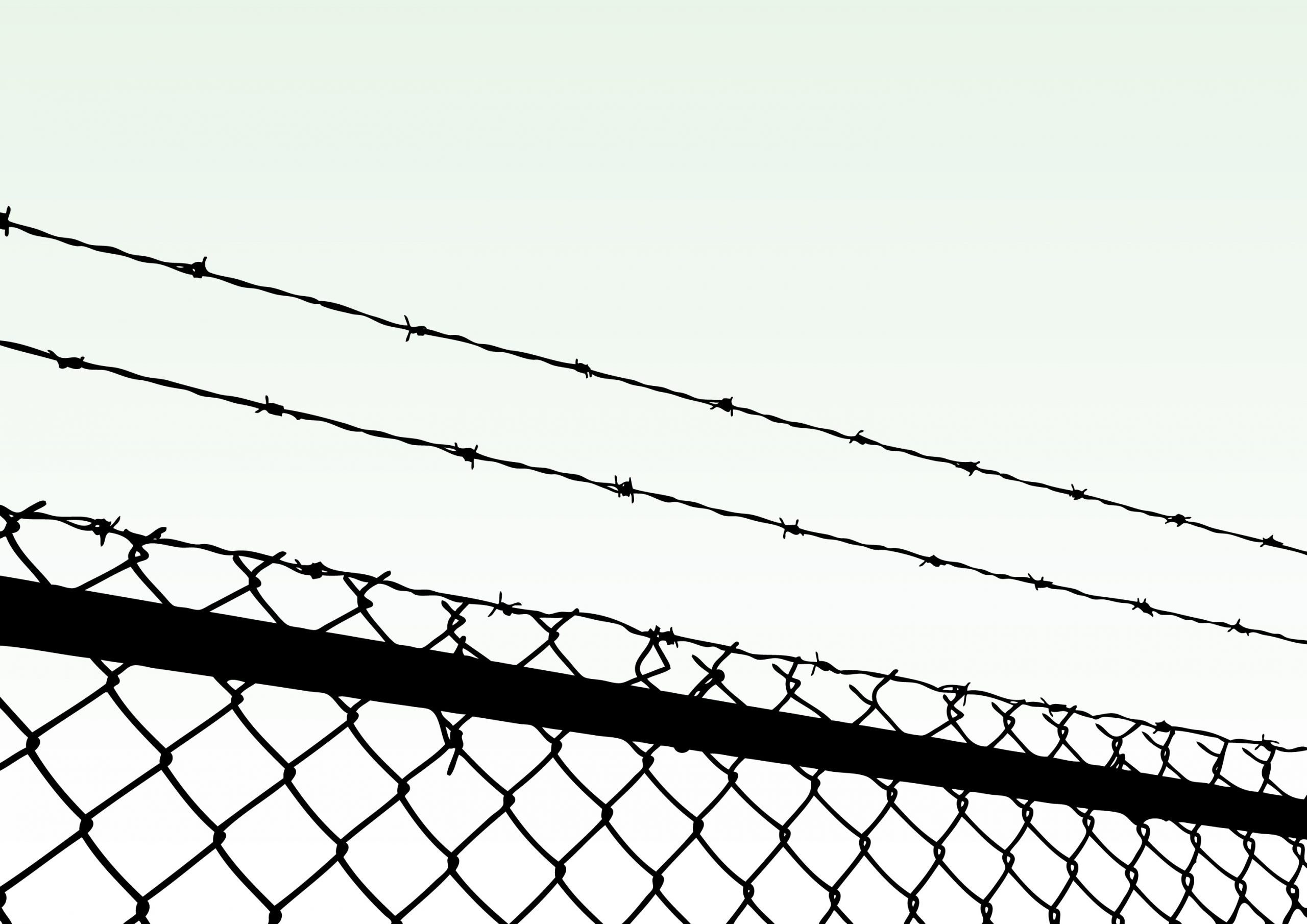The High Court has rejected a challenge to the Ministry of Justice policy allowing transgender inmates with convictions for sexual offences against women being imprisoned alongside other women. The claimant, known only as FDJ, claimed that she was sexually assaulted by a transgender women prisoner in HMP Bronzefield in 2017 with a gender recognition certificate.
FDJ said in her witness statement that she did not object to transgender women who were not violent but said that she and other women were scared about transgender prisoners who had committed sexual offences against women being in the same prison as them. Although the judge acknowledged the ‘fear and anxiety’ some female inmates would suffer if a transgender was in the same jail, he rejected the challenge.
In dismissing the claim, Lord Justice Holroyde said: ‘The difficulty which the claimant faces, in my view, is that it is not possible to argue that the defendant should have excluded from women’s prisons all transgender women. To do so would be to ignore, impermissibly, the rights of transgender women to live in their chosen gender; and it is not the course which the claimant herself says the defendant should have taken.’
FDJ argued that the justice secretary should be compelled to exercise schedule 3 of the Equality Act 2010 which permits exemptions against discrimination in relation to trans women in single-sex spaces. However, the High Court said that schedule 3 was discretionary.
The Bent Bars Project, a support group for lesbian, gay, bisexual, transgender, transsexual, gender-variant, intersex, and queer prisoners, intervened. The organisation welcomed the judges’ dismissal of the claimant’s challenge and said that if the claimant’s arguments were successful, it could have had wider implications on the treatment of trans women in the context of prison policy.
They argue that the decision re-affirms the spirit of the Equality Act 2010, which aims to prohibit discrimination, rather than allow it. Bent Bars Collective member Elio said: ‘We see this case as an opportunity to have much needed public conversation about the current conditions and issues that prisoners face, and the pressing need to make greater efforts to prevent and reduce harm both inside and outside prison.’
Richard Garside, director for the Centre for the Crime and Justice Studies but tweeting in his own capacity, said that he was ‘disappointed’ that the Court ‘decided against issuing a more robust defence of the rights of female prisoners in relation to male prisoners who identify as women’.
A short thread on today’s judgment on the Downview prison transgender unit.
Short version. Guess what, the High Court agrees that rights are a pie.
— Richard Garside (@RichardJGarside) July 2, 2021
The judge observed that the total number of trans prisoners was ‘small’ and, more generally, the available data ‘lacked clarity, and left many questions unanswered’ (e.g., whether references to prisoners with convictions for sexual offences related only to prisoners currently serving a sentence for that type of offence).
He continued: ‘What can be said, however, is that data collected across the prison estate in March/April 2019 recorded… there were 163 transgender prisoners, of whom 81 had been convicted of one or more sexual offences. 129 of those prisoners were allocated to the male estate, 34 to the female estate. Of the 129 in the male estate, 74 had been convicted of one or more sexual offences.… Between 2016 and 2019, a total of 97 sexual assaults were recorded in women’s prisons. Of these, it seems that seven were committed by transgender prisoners without a GRC. It is not known whether any were committed by transgender women with a GRC.’







